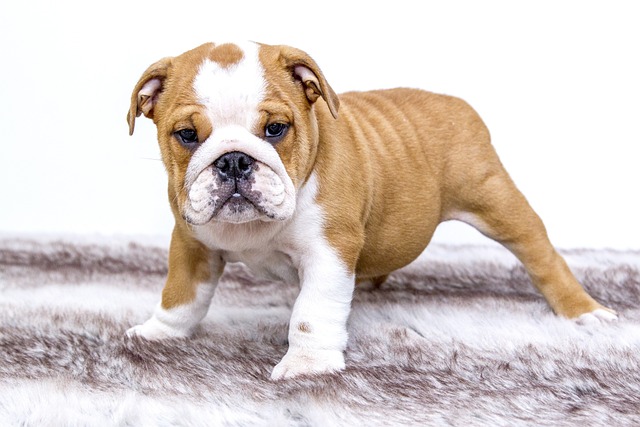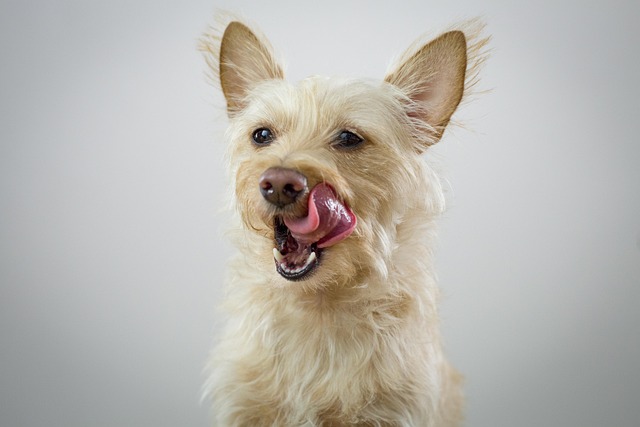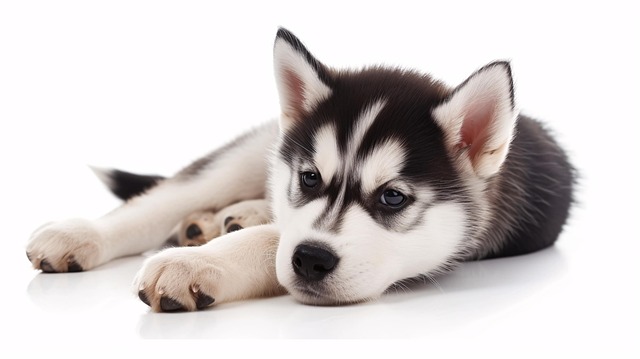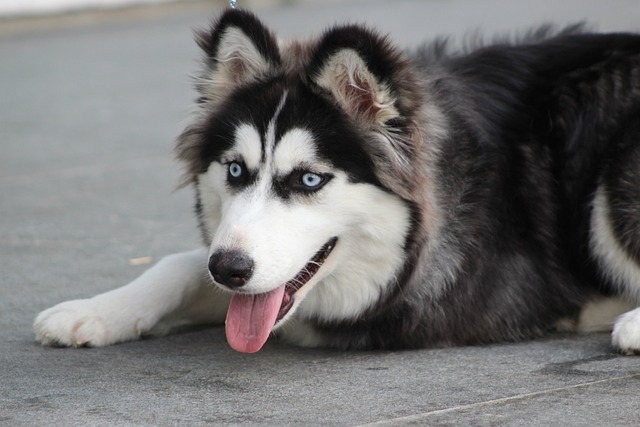
Why is my dog acting weird but still eating and drinking?
It’s confusing when your dog’s acting off—hiding more, ignoring their favorite toy, or pacing—but still chows down and laps up water.
It’s confusing when your dog’s acting off—hiding more, ignoring their favorite toy, or pacing—but still chows down and laps up water. First, rule out small, temporary triggers: maybe you rearranged the furniture, or a new neighbor’s dog started barking more. Dogs thrive on routine, so even tiny changes can throw them off, even if their basic needs (food, water) are met. Keep an eye on how long the weird behavior lasts; a day or two might just be adjustment, but longer could need a closer look.
Check for subtle physical discomforts they can’t tell you about. Maybe their bed’s too firm, or they got a minor paw scrape from the sidewalk—things that don’t stop them eating but make them restless. If you take them to dog parks, some spots require up-to-date vaccines; a mild reaction to a recent shot (like lethargy) might also cause odd behavior. Always carry their vaccine records, too—many public spaces ask to see them, and staying compliant keeps everyone safe.
 Behavioral shifts can also tie to their environment or your schedule. If you’ve been working later, they might act distant from boredom or anxiety—even with regular meals. Try adding a short midday walk (stick to leash laws, even in quiet neighborhoods) or a puzzle toy with treats to keep their minds busy. Some areas have noise ordinances, too; if fireworks or construction started nearby, that stress could make them act weird without affecting their appetite.
Behavioral shifts can also tie to their environment or your schedule. If you’ve been working later, they might act distant from boredom or anxiety—even with regular meals. Try adding a short midday walk (stick to leash laws, even in quiet neighborhoods) or a puzzle toy with treats to keep their minds busy. Some areas have noise ordinances, too; if fireworks or construction started nearby, that stress could make them act weird without affecting their appetite.
Know when to loop in a vet, even if they’re eating. Things like dental pain (they might eat but avoid hard kibble) or early-stage joint discomfort can show as odd behavior first. Many vets offer telehealth checks now—handy if you’re unsure if an in-person visit is needed. Also, note local laws about pet health: some places require reporting unusual symptoms (like sudden lethargy) to prevent disease spread, so staying informed keeps your pup and community healthy.
Seeing your dog act weird can be stressful, but their normal eating and drinking is a good sign it’s often manageable. Start with small checks—their space, recent changes, minor physical tweaks—and don’t hesitate to call a vet if it lingers. Being attentive to their quirks and following local pet rules helps you build a stronger bond, too. Before long, you’ll likely see them back to their playful, usual self, and you’ll feel more confident handling little blips along the way.

It’s confusing when your dog’s acting off—hiding more, ignoring their favorite toy, or pacing—but still chows down and laps up water.

You’re brushing your 1-year-old German Shepherd, Bella, when you notice a bald patch on her chest and red, inflamed paws.

Dogs often scratch or lick their paws excessively when dealing with skin issues, and these signs shouldn’t be ignored.

Coming home to find your 6-month-old German Shepherd, Max, nosing a half-eaten chocolate bar under the coffee table is every new owner’s nightmare.

If you’ve caught your dog rubbing their ear against the couch until it’s pink, or woken up to the sound of them shaking their head so hard their tags jingle

Waking up to find your dog scratching their ear until it’s red, or catching them shaking their head so hard their collar jingles, is enough to make any new U.S.